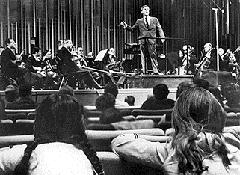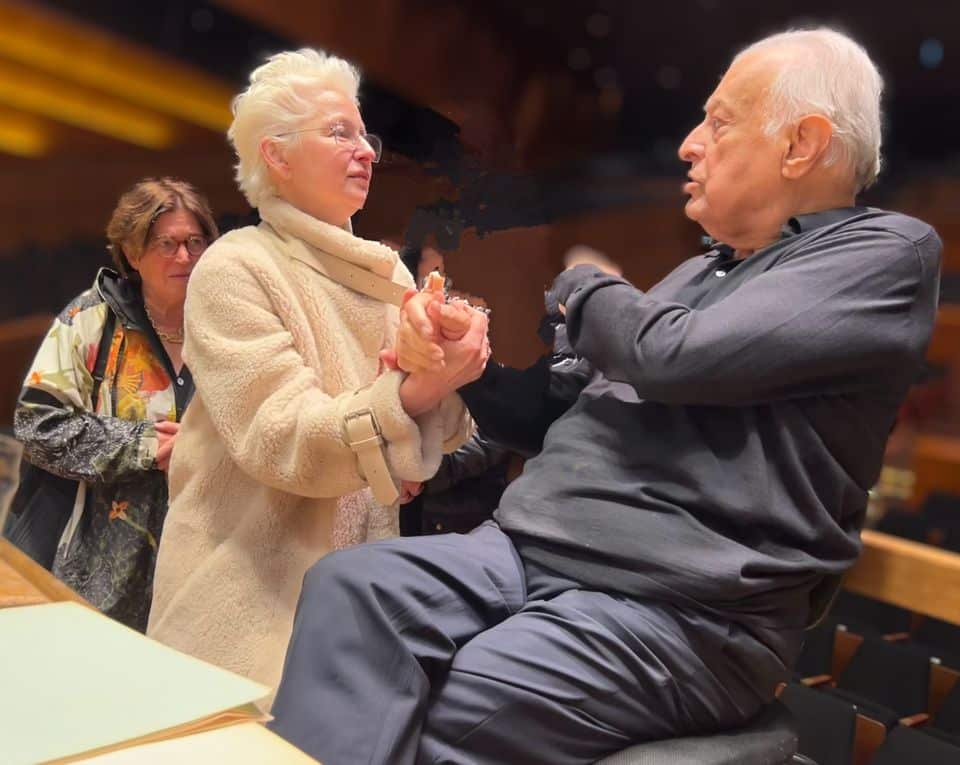Where will the NY Phil go when the wreckers move in?
mainWe understand there will be two periods of reconstruction work at Lincoln Center that will displace its Philharmonic tenant.
In the first onslaught in 2022, the NY Phil have booked an overseas tour and a longer than usual summer break.
In the second, they will put on a season at Carnegie Hall which has cleared its schedules for the return of its erstwhile resident.
The risk is, the players may get so nostalgic for Carnegie love they won’t want to go back home.






Comments